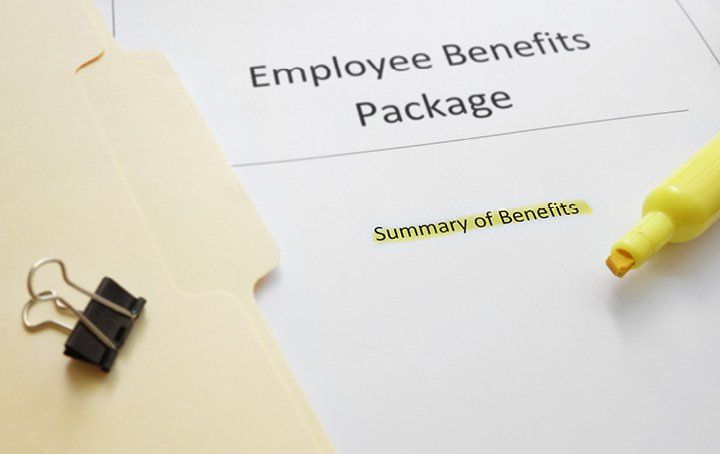Bendel Case: ATO's appeal against decision that UPEs are not "loans" fails

The Full Federal Court recently dismissed the ATO's appeal against an AAT decision that unpaid present entitlements ('UPEs') owing by a trust to a corporate beneficiary were not "loans" for Division 7A purposes.
A corporate beneficiary had become entitled to a share of the income of a trust for the 2013 to 2017 income years. Parts of these entitlements remained outstanding, resulting in UPEs. The ATO treated these UPEs as loans from the corporate beneficiary back to the trust (and, in consequence, as "deemed dividends" made to the trust).
The AAT held at first instance that a loan had not been made in this case.
The Full Federal Court upheld the AAT's decision, noting that a loan for Division 7A purposes requires an obligation to repay an amount, not merely the creation of an obligation to pay an amount (such as when a trust distributes income to a beneficiary).
Important: Update 19 March 2025:
Australian Tax Office Seeks High Court Appeal in Bendel Case
on 19 March 2025 The Australian Tax Office (ATO) has applied for special leave to appeal to the High Court following the Full Federal Court's decision in the Bendel case (Commissioner of Taxation v Bendel[2025] FCAFC 15). This move comes alongside the issuance of a decision impact statement addressing the implications of the Full Federal Court's ruling.
Background on Unpaid Present Entitlements (UPEs)
Since late 2009, the ATO has maintained a contentious stance that unpaid present entitlements (UPEs) owed by a trust to a company can be treated as loans under Division 7A of the tax law. This interpretation, outlined in TD 2022/11, can lead to a deemed unfranked dividend for tax purposes if not properly addressed, even if no funds are transferred to shareholders or their associates.
However, both the Administrative Appeals Tribunal (AAT) and the Full Federal Court have rejected this view, ruling that UPE balances should not be considered loans for Division 7A purposes.
ATO's Decision Impact Statement 19 March 2025
The ATO's decision impact statement clarifies the following key points:
- Continued Administration: The ATO will continue to apply the tax rules as per TD 2022/11 until the appeal outcome is determined, treating UPEs as loans for Division 7A purposes.
- Processing of Amendments and Rulings: The ATO will delay processing amendments, private rulings, and objections related to this issue until the appeal process concludes. If forced to make a decision during this period, the ATO will adhere to the approach in TD 2022/11.
- Reimbursement Agreement Rules: The ATO emphasizes that the reimbursement agreement rules under section 100A must also be considered. If UPEs do not meet commercial terms akin to a Division 7A loan agreement, they would fall outside the guidelines set in PCG 2022/2.
This stance suggests the ATO's determination to uphold its interpretation of the tax law. Further updates will be provided as developments occur.
Need Help with your Business, Bookkeeping, Tax or SMSF requirements?
If you would like a little help, please get in touch with us for assistance. We can help with your business, bookkeeping, tax and SMSF requirements.
Please also note that many of the comments in this publication are general in nature and anyone intending to apply the information to practical circumstances should seek professional advice to independently verify their interpretation and the information’s applicability to their particular circumstances. Should you have any further questions, please get in touch with us for assistance with your SMSF, business, bookkeeping and tax requirements. All rights reserved. Brought to you by RGA Business and Tax Accountants. Liability Limited by a scheme approved under Professional Standards Legislation.















